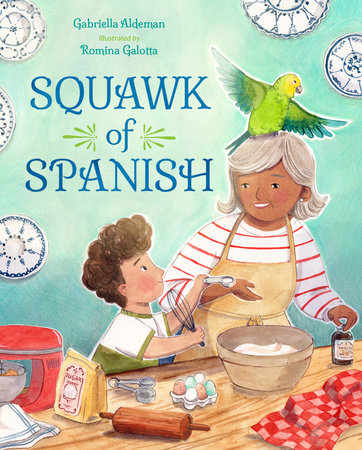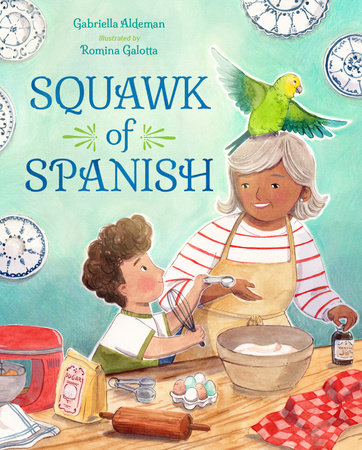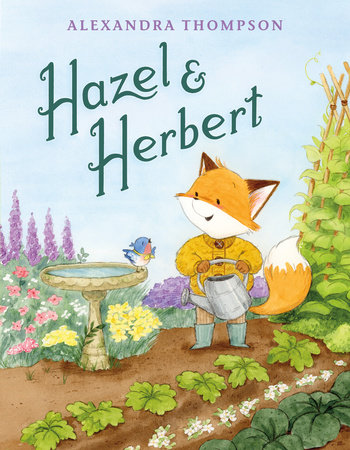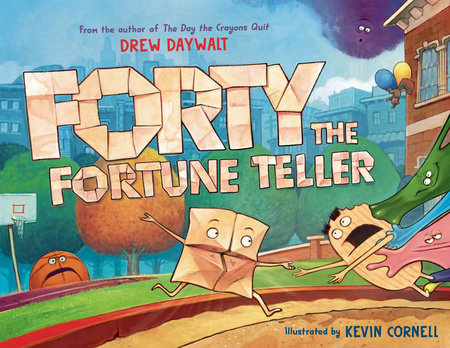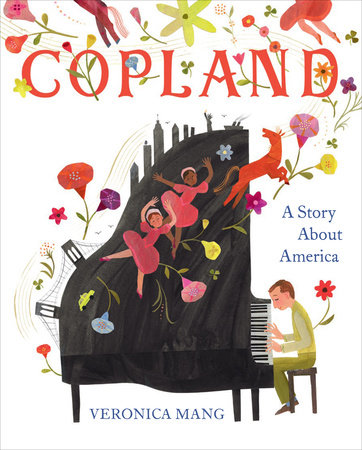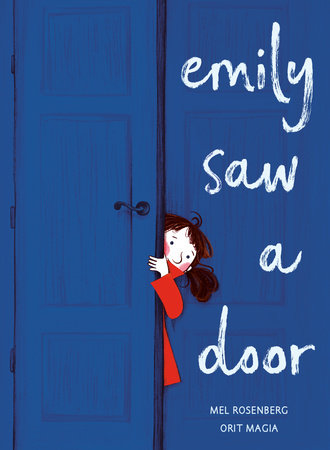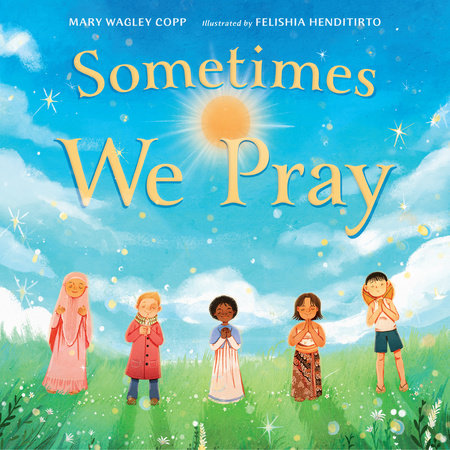Max loves to bake with his abuela on Sundays. Together they make delicious polvorones, cocadas, and tres leches. However, there is one challenge. Max’s abuela only speaks Spanish, but he speaks English. Max understands many words but he is always too nervous to speak Spanish because his cousins tease him. Thus, abuela and Max communicate with the help of abuela’s parrot, Lorito, who has memorized all her recipes. Then one Sunday, Lorito is nowhere to be found. Abuela wants to bake with Max, but he is hesitant without Lorito. Regardless, Max does his best to communicate with her in Spanish. He begins speaking a few words and realizes he knows more than he thinks! This heart-warming story offers encouragement to children learning a second language. Aldeman shows nervous speakers that it is ok to make mistakes. This is what helps us learn and practicing will allow us to get better. I recommend this story for bilingual households and classrooms with children 4-8 years old.
—Children’s Literature
A young Latine boy struggles to speak Spanish with his grandmother.
Every Sunday, Max helps Abuela bake. His grandmother speaks only Spanish, but they communicate through the sweet treats they whip up: polvorones, cocadas, and tres leches. Plus, they have help from Abuela’s bilingual parrot, Lorito, who squawks reminders about what ingredients they need (“Arroz,” “Leche”). Max knows he should try harder to speak Spanish, but his cousins make fun of him, which makes him self-conscious. “My Rs won’t roll. My words knot in my throat,” Max says. One Sunday, Lorito is at church (he likes to perch nearby and sing along to hymns), so Max and Abuela are on their own. Max confronts his fears and attempts to speak Spanish as they prepare arroz con leche—rice pudding—for a competition at the county fair. This time, he bridges the gap and bonds with Abuela in a new way: “My words tumble out dry and rusty, but I don’t mind anymore.” Galotta’s watercolor illustrations are warm and inviting, especially the depictions of Lorito, who’s by turn wise and endearing. With its effective use of figurative language, Aldeman’s matter-of-factly reassuring text will especially resonate with bilingual children feeling intimidated speaking their non-native tongue.
A tenderly triumphant tale of overcoming language barriers. (author’s note, glossary, recipe for Lorito’s arroz con leche)
—Kirkus Reviews
In this endearing story about facing insecurities and building confidence when trying a new language, Max loves to spend Sundays with Abuela baking, with the help of her pet parrot, Lorito. Abuela and Lorito speak Spanish, but Max doesn’t—he struggles with pronunciation, particularly rolling his r’s. To top it off, his cousins tease him for his funny pronunciation. One day, while Max and Abuela are preparing rice pudding for a contest at the county fair, Lorito decides to venture off for a day, and Max has to read the recipe—in Spanish—to Abuela. He doesn’t want to let her down, so he closes his eyes, takes a deep breath, and musters the words in Spanish. He doesn’t do it perfectly, but trying is what’s important! Galotta’s colorful artwork nicely pairs the story about self-consciousness and finding courage in the face of insecurity. Children in bilingual families who struggle with a language divide will particularly appreciate this cheerful, sweet story, which closes with a recipe for rice pudding.
—Booklist
